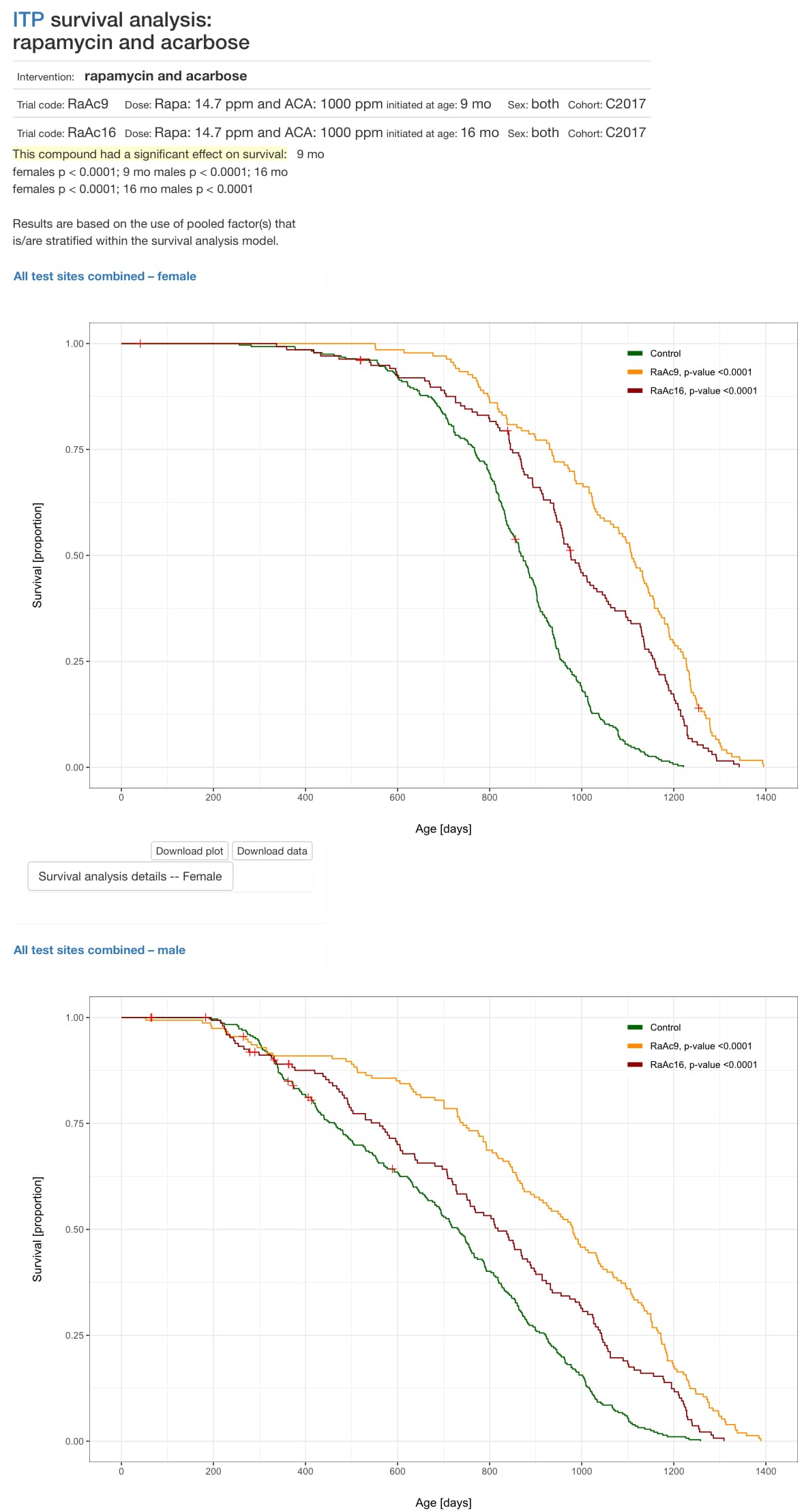Hi Natalie, good questions.
As a general rule most of the research I’ve seen suggests that rapamycin likely reduces the risk of cancer, and reduces the risk of cancer spreading if you already have cancer. See this paper:
There are many instances of this for many cancers: Frontiers | Rapamycin inhibits oral cancer cell growth by promoting oxidative stress and suppressing ERK1/2, NF-κB and beta-catenin pathways
Another example here in cervical cancer: Rapamycin Reduces Cervical Cancer Cells Viability in Hypoxic Condition | OTT
And slows cancer in many mouse models: Rapamycin extends lifespan and delays tumorigenesis in heterozygous p53+/â mice | Aging
We have another thread on this you may also want to review: Rapamycin - for Cancer Prevention
Rapamycin is well know to slow cell-turnover and proliferation, which is ultimately one of the key causes / contributors of cancer, and the spread of cancer (rapid cell growth). And in fact Rapamycin and its sister molecule (everolimus) is prescribed in some cancer treatment. But rapamycin is not a broadly used in cancer therapies (as David Sabatini, an expert in mTOR and rapamycin said last week in a podcast) because mTOR is needed in healthy cells as well as used by cancer cells - and rapamycin does not shut down mTOR completely (which would kill both healthy and cancerous cells). See here in this video where I’ve queued it up for this part of the discussion: https://youtu.be/L2xjWf6mO_0?si=4j3042rFvW-CVYNI&t=1012
There may be rare instances of situations where rapamycin somehow contributes to some types of cancer growth; for example I saw this one paper where when combined with exercise in this specific mouse model of breast cancer it seemed to increase the tumor burden: https://www.tandfonline.com/doi/full/10.1080/20010001.2019.1647746
I encourage you to talk with specialists in cancer and do more research as this is in no way my area of expertise, I’m just conveying what I’ve seen.
As for dosing - you mention going up to 6mg a week. Most younger women I’ve seen posting about this more typically go for lower doses (though it likely depends on your size/weight). For example the recent podcast with the OBGYN discusses a dosing of 2.5 mg per week, see here: Rapamycin for Fertility and Menopause; Clinical Results and I’ve seen other women around your age talking about doing around 3mg or 4mg per week, but we also have @medaura here who is around your age who has been dosing at 5mg (I believe) before she recently got pregnant and had a baby. So - there is a reasonable range of rapamycin dosing that women seem to be having success with, in similar situations as you.
Generally speaking the lower the dose per week, the lower the risk of side effects.
I’m not going to recommend any specific course of action as I’m not a doctor. I’m just giving you some information that you may want to review and hopefully others will contribute additional thoughts and information.
The biggest risks I suspect for people like you are mouth sores, and acne and or rashes of some sort. These are the most common side effect that may cause you to want to reconsider taking rapamycin.
But as you read the side effects listing we have here you’ll see many other possible and lower frequency issues that people have. Side Effects of Rapamycin (part 2)
Part of the consideration also is your exposure to pathogens. If you work in a hospital and are exposed to a lot of sick people and other infectious agents, you want to be more careful. We’ve had one person here @DeStrider who has mentioned that he got sick a few times when he went into the hospital for some simple procedures. At some doses of rapamycin you may be better protected from some infections, but may be less protected from others… see this example: Too many bacterial infections, have to stop, low WBC
